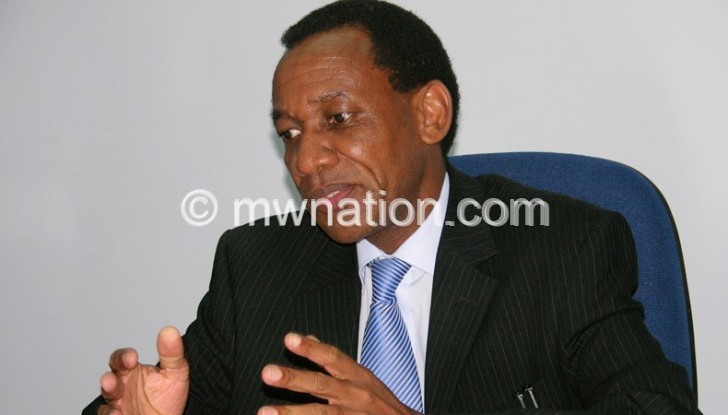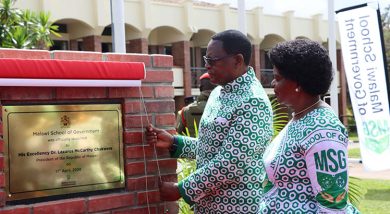FISP is unsustainable—Mpinganjira
The Farm Input Subsidy Programme (Fisp) is unsustainable and there is urgent need for Malawi to come up with an exit plan for the programme, renowned Malawian banker, Thom Mpinganjira, has said.
Mpinganjira said this on Thursday at the opening of the Economic Association of Malawi (Ecama) Annual Lakeshore Conference in Mangochi.

The Ecama Patron also described the state of the country’s economy as dire, observing that it has been affected by a nexus of factors like the Cashgate, excessive government expenditure, the January devastating floods and withholding of aid by donors.
Mpinganjira added that excessive government expenditure is probably the main cause of inflation which is currently at 24 percent and high interest rates. He said there is need to curb expenditure if the country is to make progress towards reducing inflation and interest rates.
“We can start by cutting expenditure at Capital Hill where there is massive waste,” he said
According to Mpinganjira, pressure mainly due to currency depreciation and food shortage, have pushed the inflation up. He called on government to speed up maize distribution to flood the market and hence, reduce maize prices and consequently reduce inflation.
On his part, President Peter Mutharika agreed with Mpinganjira that Malawi is at a critical time in its economic history.
“We need to come together and contribute to the shaping of our country. With value addition to our agricultural produce, we are certain of turning Malawi into a predominantly producing economy,” he said.
Mutharika then challenged delegates to the conference to dialogue on how the agricultural sector can help develop Malawi.
World Bank Country Manager Laura Kullenberg wondered why Malawi remains so poor despite having many advantages to develop through its land, water as well as the natural talent and expertise of its people.
Kullenburg said Malawi needs to go beyond short term challenges that repeatedly impede progress on development.
She said there is no inherent reason why Malawi should remain so poor.
“Poverty is not Malawi’s natural state. This country, your country has so many advantages from its land, to its water, to the natural talent of its people and freedom from conflict. Other countries in the region are achieving impressive poverty reduction and so can Malawi, I am sure of it,” she said.
Kullenberg urged government to sieze opportunities within the country’s reach to unlock Malawi’s potential, such as improved regional activity which offers opportunities for cross border trade.
“With the right macro-economic policies, careful investments in risk and resilience building, with improved incentives for investment and trade and smart public spending, I believe Malawi can join the ranks of countries that have seen substantial reduction of poverty,” Kullenberg added.
The theme for the conference is ‘Agricultural Transformation and Value Chain Development for Sustainable Economic Growth’.






FISP is sustainable. It is just this government does not have ideas how to raise funds. For example, it was a mistake to sell MSB. The billions that MBS is making should have been directed to FISP.
That is one of the functions of parastatals. The profits that are made are used for national development.
We are led by leaders who have no clue how to run the economy and raise funds.
Secondly, eliminate middlemen. No outsourcing. Government through Admarc should procure fertilizer direct from the suppliers.
Mpinganjira says there is massive waste at Capital Hill. How does he propose to curb it? Specifics!